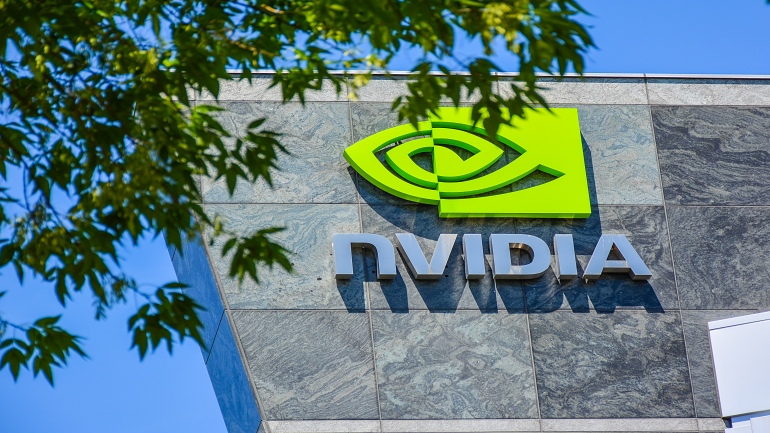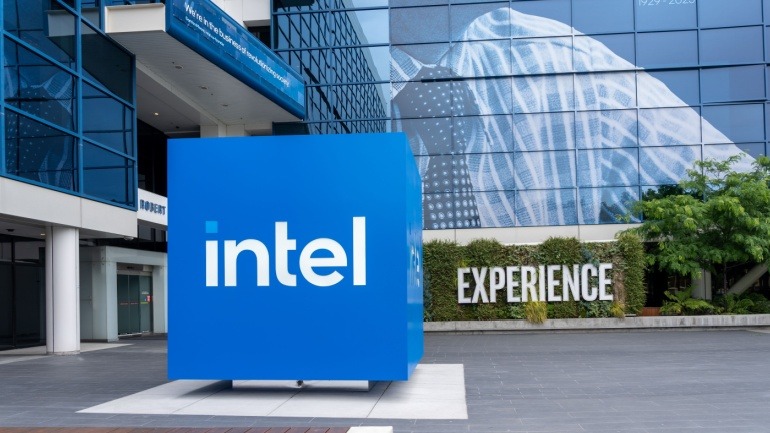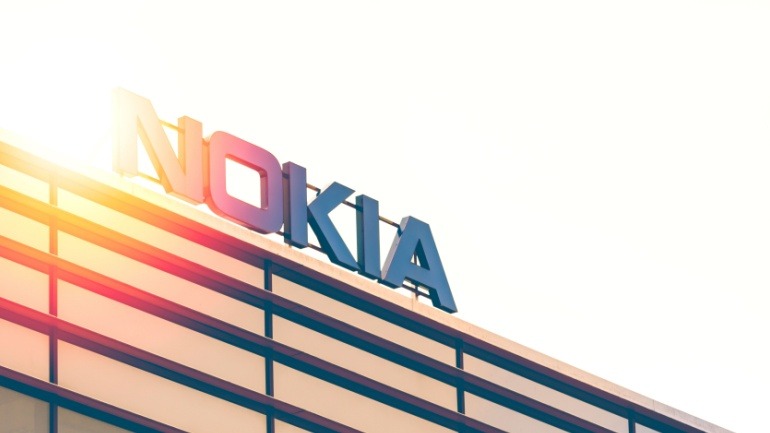The UK government’s recent decision to continue a tax exemption policy marking network gear costs as deductible pre-tax profit boosts established telecom firms like BT, although smaller enterprises might not see similar benefits. This fiscal initiative heavily benefits BT in their £15 billion full-fibre project, increasing their capital spending by £300 million annually, expediting their fibre rollout to 25 million homes by 2026.
The American chipset manufacturer Nvidia is rolling out its EGX platform to bring real-time artificial intelligence (AI) to the edge of the network. Nvidia EGX is an accelerated computing platform, which boasts low-latency AI that enables companies to perceive, understand and act in real time on continuous streaming data between 5G base stations, warehouses, retail stores, factories and beyond. AI computing will occur at the edge of the network, where sensors collect data before it is sent to cloud-connected data centers. This platform is expected to satisfy the increasing demand for AI applications to assist numerous devices streaming continuous raw sensor data and is designed for high-throughput AI at the edge where data is primarily sourced to achieve instantaneous and guaranteed response times while reducing bandwidth to the cloud. According to the company, by 2025, there could be up to 150 billion machine sensors and the Internet of Things (IoT) devices streaming…
China Mobile, one of the largest state-owned telecommunications companies in that country, has designed a water purifying device powered by blockchain, thus making an explicit statement that blockchain technology is not something extraneous and out of this world, but is a beneficial high-tech solution that may be advantageously applied to ordinary household appliances. The Product Market Director at China Mobile IoT, Xiao Yi, stated: “Our goal is to also attract those who are not in the cryptocurrency or blockchain community, who may have heard of this technology but not necessarily understand it. To embrace a more mainstream adoption, we need to turn something that appears professional into something that’s very ordinary.” The Internet of Things (IoT) division within the company has developed a product with a built-in computing chip and an IoT module. This innovative gadget collects applicable user data related to consumer behaviour habits and shares it…
Intel’s strategic move to retain its networking and edge (NEX) assets signifies a pivotal shift in enhancing VOIP solutions. By maintaining NEX, Intel aims to foster deeper integration between silicon and software, bolstering offerings in VOIP technology, AI, data centers, and edge computing, ultimately strengthening enterprise and telecom markets.
Nokia and Bharti Airtel have teamed up to offer developers in India a seamless integration of network capabilities via the Network as Code platform. This strategic move provides access to Airtel’s network APIs, enhancing VoIP capabilities with AI, 5G, and edge computing. This collaboration empowers innovation and creates new revenue channels in telecommunications.
Private 5G is gaining attention as a transformative force in industries like manufacturing, logistics, and public safety where Wi-Fi and public 5G fall short. By supporting high-demand applications and enabling industrial transformation, private 5G offers a competitive edge. Its potential hinges on ecosystems like edge computing and AI integration, paving the way for substantial growth in the telecom market. Despite complexity, its unique benefits and expansive opportunities make it a critical innovation in today’s digital landscape.
In an era where 4G LTE’s limitations are pronounced, federal agencies are increasingly recognizing the need for a 5G transition. 5G not only promises enhanced mobile connectivity but also supports cloud adoption and edge computing, crucial for modernizing IT infrastructure. Its speed, scalability, and security revolutionize operations, making it indispensable for modernization.
South Korea will host its largest AI data center through a $4 billion partnership between SK Group and AWS. Located in Ulsan, the facility will house 60,000 GPUs and reach 103 megawatts by 2029, driving regional AI growth. SK subsidiaries will contribute resources and infrastructure, bolstering AI services, edge computing, and cloud-based GPU access nationwide.
NTT Data has secured a multi-year deal to deploy and manage a private 5G network for Belgium’s Roularta Media Group, enhancing operations at its 40,000m² facility. The initiative aims to boost connectivity, starting with push-to-talk communication and expanding to intelligent asset tracking and edge computing.
Open Gateway, initiated by GSMA, is set to redefine mobile networks with standardized telecom APIs, underpinning 5G’s potential. With coverage from 67 global operators, it aims to streamline developer interaction and offers vast opportunities for API-driven fraud prevention, edge computing, and digital transformation.













